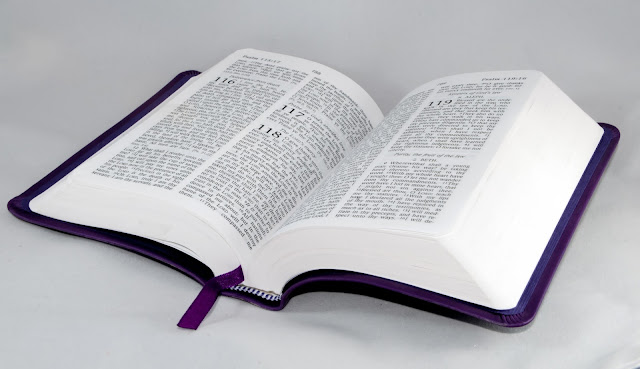Posted at This Day in Presbyterian History:
Attempts to found democracies, or rather, true lawful liberty, are doomed to failure unless they are built on a proper foundation.
What follows is another article discovered during a foray into an old dusty volume :
THE FOUNDATION OF TRUE LIBERTY.
Some time since an interesting Sabbath School celebration was held in a town in the interior of this State. On one of the banners borne in the procession, there was a beautiful tree, spreading its tall and stately branches in every direction, and beneath it was a volume, in which its roots were deeply fixed, and from which it derived all its nourishment and strength.—The tree was Liberty, that volume the Bible. The idea was not only beautiful, but true. The Bible is the great protector and guardian of the liberties of man. There never has been on earth true liberty, apart from the Scriptures and the principles of the Bible. This remark is fully sustained by the history of the world. Go to the plains of Babylon, and the entire history of that Empire, until its destruction by Cyrus, is a history of the most absolute despotism. Egypt and Persia were equally strangers to civil liberty. The same was true, with some slight modifications, of Greece and Rome. Facts spread on every page of the world’s history, point to the Bible as the only basis of the temple of freedom.
Where the Bible forms public opinion, a nation must be free. “Christianity,” says Montesquieu, “is a stranger to despotic power.” De Tocqueville, “it is the companion of liberty in all its battles and all its conflicts—the cradle of its infancy, the divine source of its claims.” The Abbe de la Mennais, whom the late writer distinguishes as one of the most powerful minds in Europe, speaks eloquently of the Divine author of Christianity, “the great republican of his age.” Everywhere the men whose minds have been imbued with the light and spirit of the Bible, have been the devoted friends of civil liberty. Such were the Lollards in England, the adherents of Luther in Germany, and of Knox in Scotland. Such were the Huguenots of France, who fled their country, or sealed their testimony with their blood on the fatal revocation of the edict of Nantes. Such were the Puritans, who, with the courage of heroes and the zeal of martyrs, struggled for and obtained the charter of liberty which England now enjoys. Hume, with all his hostility to the Bible, says, “the precious spark of liberty had been kindled and was preserved by the Puritans alone, and it was to this sect the English owe the whole freedom of their Constitution.
